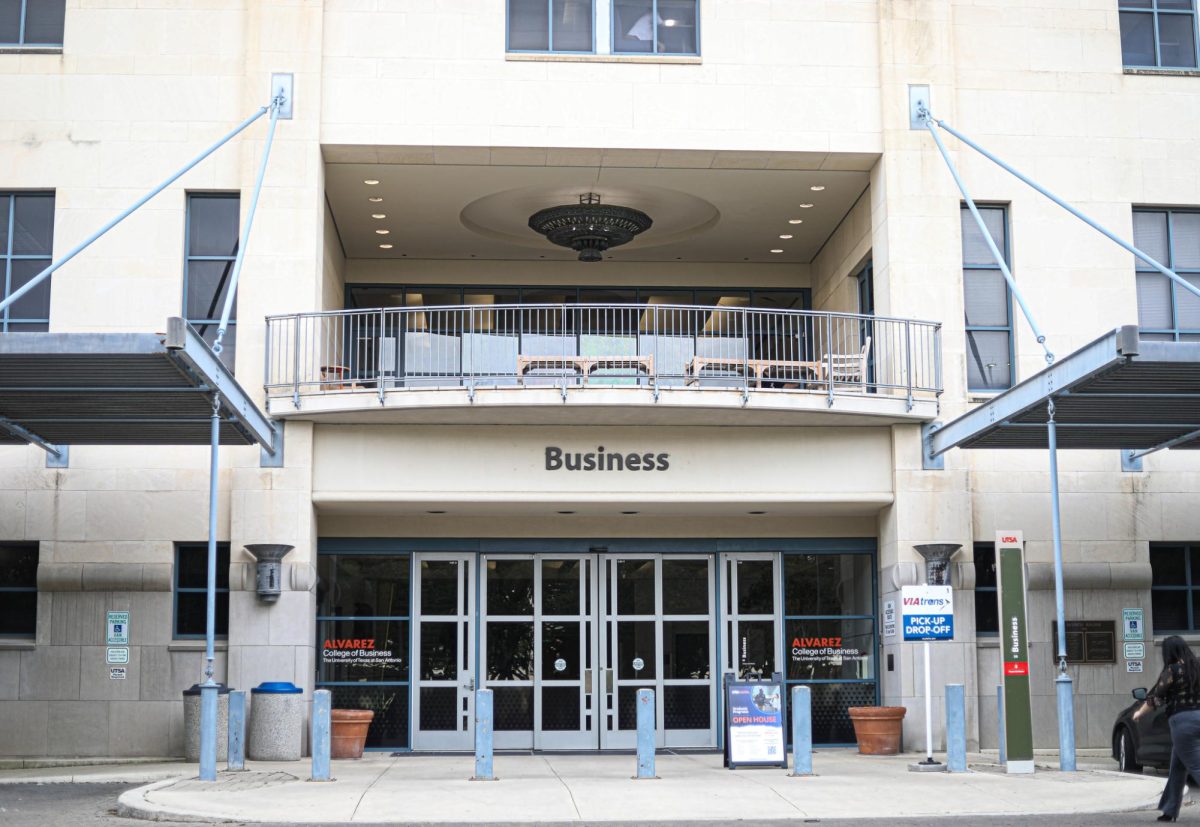Absentee ballot: a mailable paper ballot used by voters who will not be able to vote (or choose not to vote) at their home precinct on election day (such as military personnel stationed overseas). The voter mails the absentee ballot before election day and it is counted on election day.
Bipartisan: supported by members of the two major political parties (Democrats and Republicans).
Caucus: an informal meeting at which potential voters and candidates (or their representatives) talk about the issues and their preferred candidate. Then they decide which candidate they support and which delegates to send to their political party’s convention. Not every U.S. state has caucuses.
Congressional district: an area within a state from which a member of the House of Representatives is elected. There are 435 Congressional districts. Each district has approximately 570,000 people. Seats (positions) in the House of Representatives are reapportioned every 10 years; since the number of representatives is set to 435, some areas lose Representatives and others gain some.
Convention: an official meeting of the delegates of a political party at which they choose their candidates and decide upon their party platform.
Delegate: a person chosen to represent a local political party at a political convention.
Electoral college: a group of people who formally elect the president of the U.S.A. (their vote happens after the popular vote). The Electoral College is composed of delegates from each state (plus the District of Columbia). (The number of delegates from each state is equal to the sum of that state’s senators plus representatives). According to the U.S. Constitution, the electors (chosen by popular vote) assemble in their respective state capitals on the first Monday after the second Wednesday in December and vote for the president. Electors are supposed to vote for the candidate who received a plurality of votes in the state or area they represent. To become president, a candidate must get more than half of the Electoral College votes (270 out of 538 votes).
Exit poll: an informal poll taken as people leave the voting booth. Exit polls are used to predict the outcome of the election before the polls are closed.
Federal election Campaign Act (FECA): a law passed in 1971 (and amended in 1974, 1976 and 1979) that limits the financing of campaigns for federal elections. The law requires that candidates and their political committees let the public know who gives them money and how they spend that money. The law also regulates the public funding of presidential elections.
General election: an election being held throughout the country on the same day.
Matching funds: public money that is given to presidential candidates in an amount equal to the amount they have raised privately. During the primary season (before the convention), candidates who use matching funds may get up to $250 in matching funds for each individual contribution they get. The matching funds are mostly financed by U.S. taxpayers (they can check a box to give $3.00 of their taxes when they pay their federal income taxes).
Political Action Committee (PAC): PACs are political groups that are not formally related to a particular political party, but are associated with other groups (like labor unions, corporations, etc.). PACs try to influence elections and candidates by giving money to them so that they can later have laws passed that would favor their group.
Primary election: an election that chooses a political party’s candidate for office. The winning candidates from each party will later go up against each other in the general election.
Soft money: money that is given to a political party but is not given specifically to support a particular candidate. This money is supposed to be used for purposes such as voter registration drives, administrative costs and general political party expenses, but is often used by the parties to help particular candidates.
Super delegate: party leaders and officials who have the full power of delegates despite not being selected through primaries or caucuses.
Swing voters: voters who do not have allegiance to a particular political party.
Third party: any political party other than the two major parties. The two current major parties are the Democrats and Republicans.











